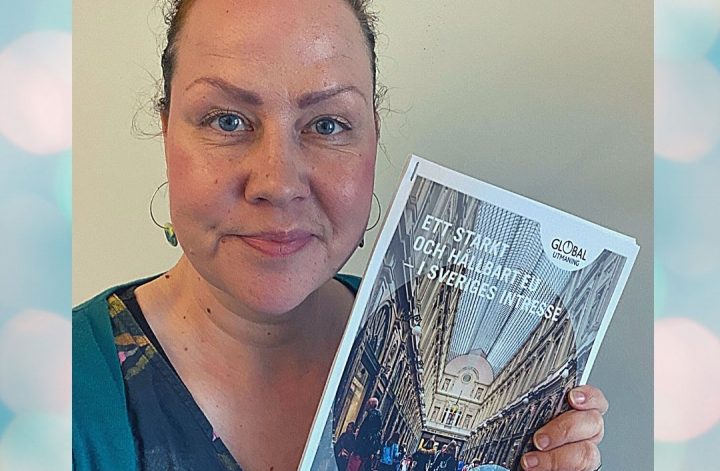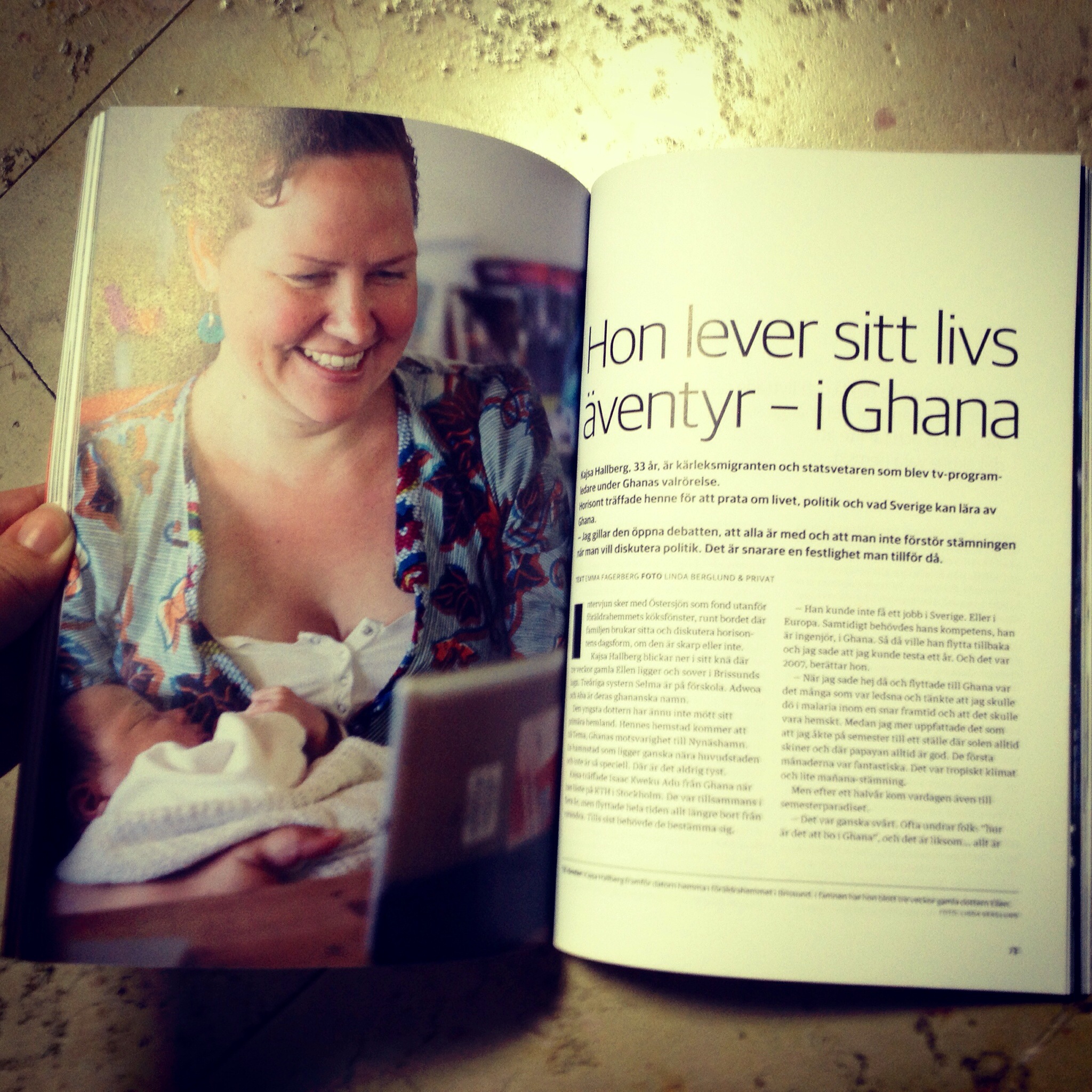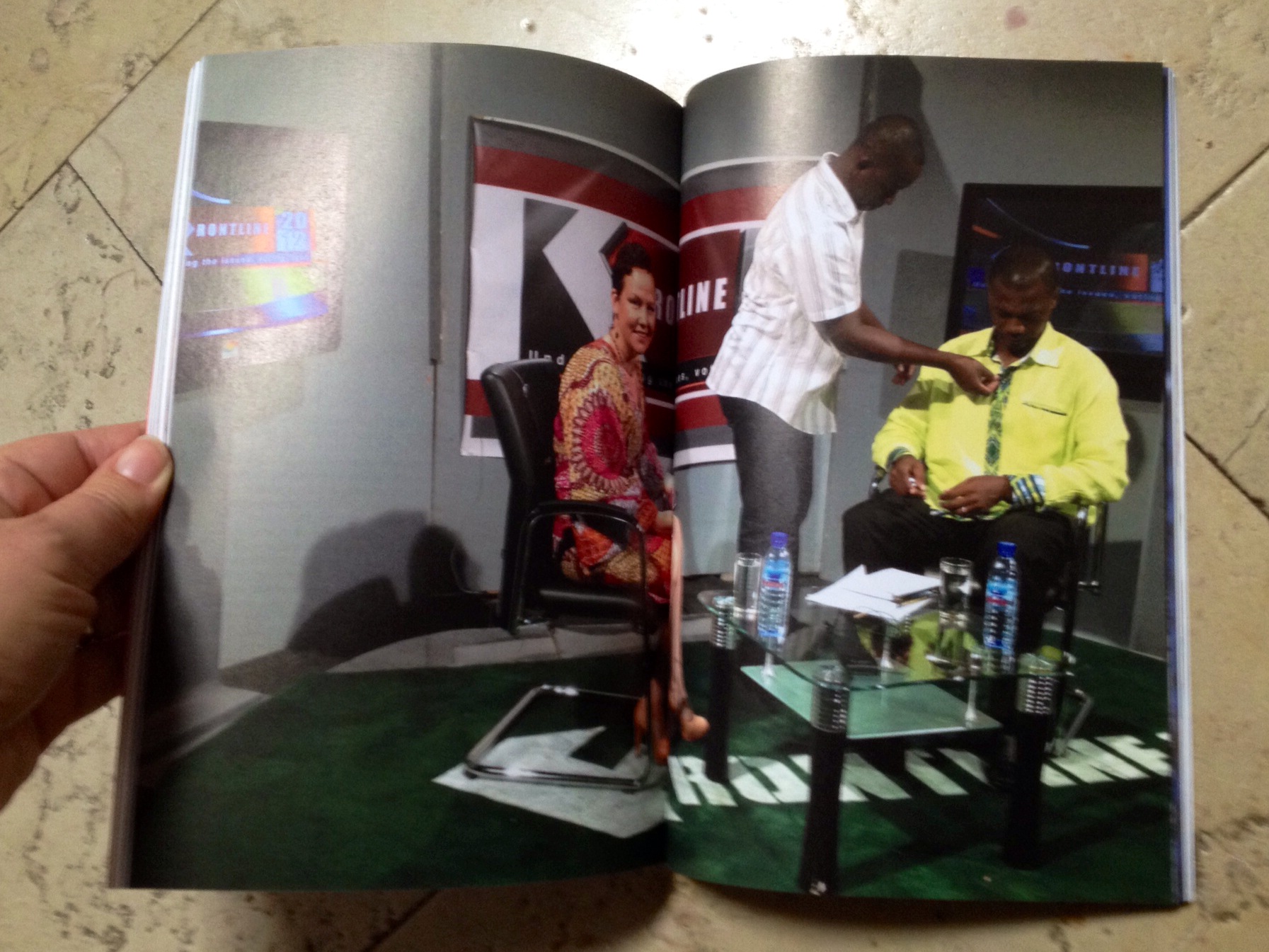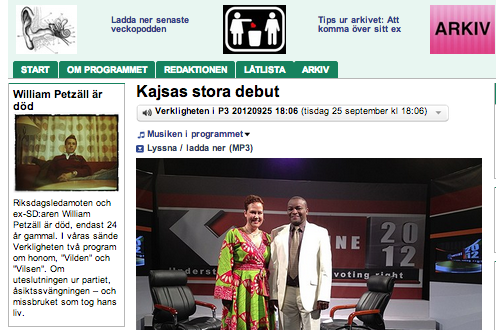Some of our Ashesi students are doing a project for which they asked me of my opinions on Social Media (SM) and business in Ghana. I thought my answers might be of interest to others as well, so here they are!
1. In your opinion, how have social media affected businesses in Ghana?
At this point, not so much. Some have SM helplines (like Vodafone), but others like ECG are not on SM. When you leave a gap, fake accounts are rife.
2. Do businesses use of social media to market their products in Ghana?
Some do, a recent campaign by Nescafe was very popular. Many businesses however lose out as they do not know their target groups are online!
My guess is that only 5% of Ghana companies are on social media. My student Anna Amegatcher last year did a thesis to investigate media companies’ use of SM that showed that even media companies underutilise SM.
3. What are the factors that regulate businesses usage of social media in Ghana?
High cost of access to Internet, frequent power cuts, know-how in social media, lack of benchmarking internationally …and maybe also sense of adventure?
4. In your opinion, is there a need for improvement on the current usage of social media in Ghana?
Well, I think Internet costs need to come down and powers supply me constant, then I think it will happen by itself.
5. Apart from advertisements, in what other ways do businesses use social media in Ghana?
Ads are not a good way of using SM, the point is it is a two-way communication, a conversation (not a megaphone or billboard). Successful campaigns ask the target group to post photos using a specific hashtag, organise competitions, ask questions, invite ideas for new designs etc.
6. Are there disadvantages of using social media for businesses? If yes, which are these disadvantages?
If you SM managers mess up, your company looks bad. For instance Vodafone answered me publicly on Twitter in a very rude way, that was not good for the Vodafone brand.
7. Which social media platform, if any has been credited with greatest promotion of businesses in Ghana?
I think FB and What’s App have both been important. Businesses that want to look good should be on Twitter and Google+ as well.
8. What is the relation between the cost of internet in the past and the present?
It isn’t! Prices have increased over the last years, maybe the only country in the world where technology advances do not lead to lower costs!
9. In your own opinion, what is the future of social media and it’s relation to businesses I Ghana?
It will for sure grow. This is the future. I see all companies joining FB and Google+ and Twitter. Maybe Instagram (growing fast in Ghana) and YouTube as well. Many more will do customer service online and hire SM managers, likely who will report to executives in the company as SM is an important window to customers.
Do you agree with me or are there other things to be said about social media and business in Ghana?
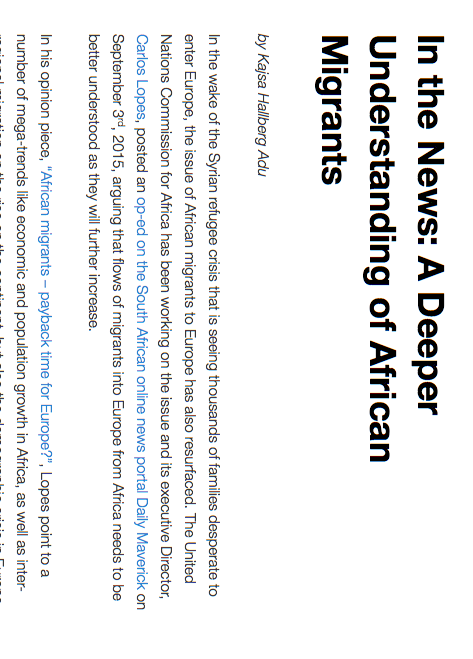

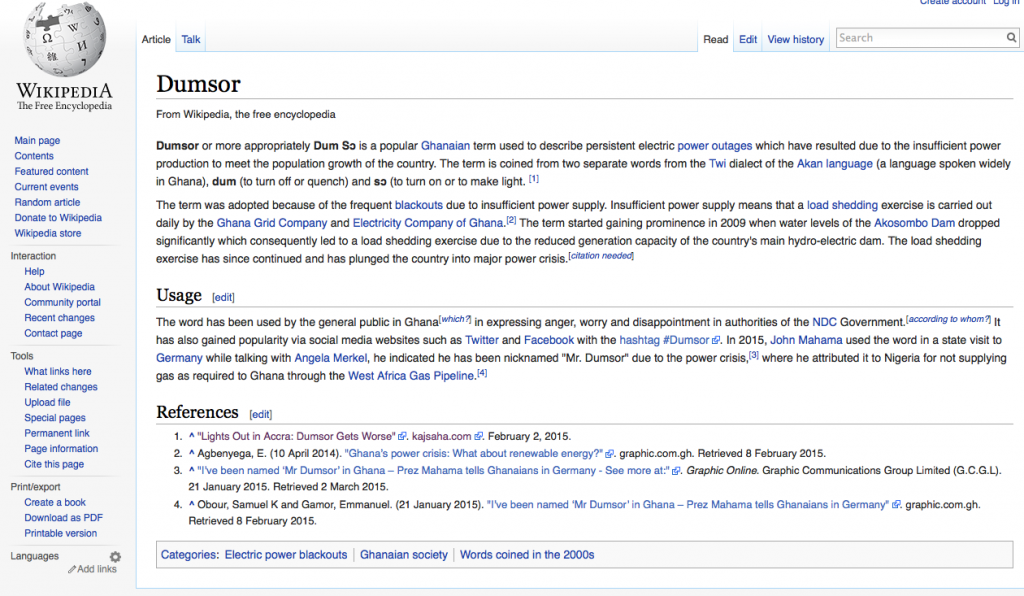
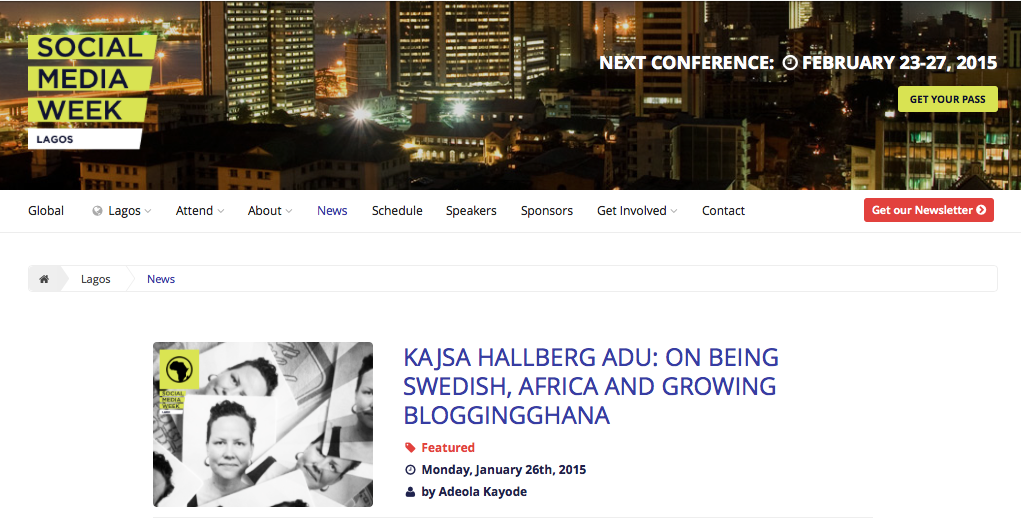 Today I am
Today I am 